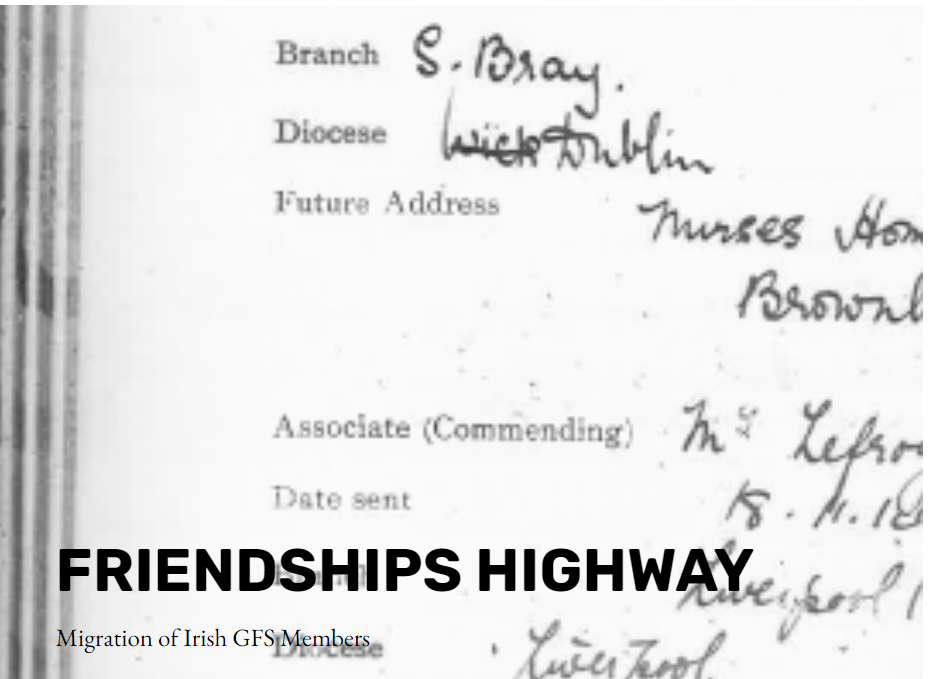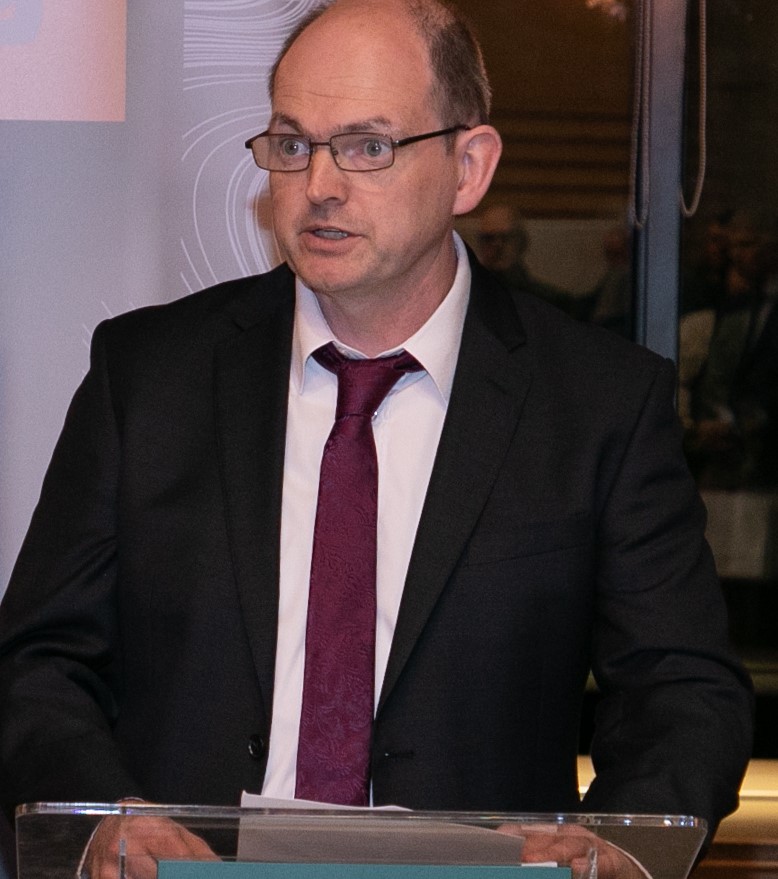In early February, the Digital Repository of Ireland (DRI) announced a new pilot programme designed to support the sustainability of ‘legacy’ research collections, i.e. research materials from closed projects, not previously published in a data repository for long-term preservation and access. Researchers or research groups were eligible to apply for a single deposit allocation (one dataset: project or collection), for which they received tailored advice, activities and support materials to help them curate and describe their data for new audiences.
We are pleased to announce that several of these collections have been published in the Repository. Over the next few weeks, we’ll highlight the new collections in an ongoing blog series focusing on the data types derived from different kinds of research, as well as changes to the data that researchers made in order to preserve and share their work.
Click through to the Repository to see the other Legacy Collections as they are added! https://repository.dri.ie/
Featured Collections

Friendships Highway: Migration and Irish Girls’ Friendly Society Members, 1885 – 1935
What kind of data is it? Friendships Highway is a database that contains the names of over 700 members of the Girls’ Friendly Society who were assisted by the society as they emigrated from Ireland in the period 1885 to 1935. It contains information on their current and future home, their future place of employment, membership details, and the associate that helped them in Ireland and in their new place of residence.
This information was gathered from the Commendation Registers maintained by the society and now held at the Representative Church Body Library Dublin (MS578/15/25/5) and the Women’s Library London School of Economics (5GFS/04/072). Details from these registers were analysed and added to a custom database, enhanced with additional research, and then plotted into Google My Maps and published as a WordPress website maintained by the researcher.
How is it preserved in DRI? The database information was transcribed into a single spreadsheet that can now be easily downloaded and accessed by users without needing access to the proprietary database software. The website has been copied both to the Repository and the Internet Archive, where it can be accessed in perpetuity ‘as-is’ in a web browser, regardless of whether the website itself remains online in its current location. Finally, the creation of an accompanying .kml file allows the geographic coordinates of the various locations displayed in Google My Maps to be stored independently and easily imported and visualised in other geographic software, such as ArcGIS Earth.
Who did the work? Martin Walsh, University of Limerick was aided by DRI Research Associate Joan Murphy in developing the spreadsheet, plotting the geographic coordinates, and crawling the website to create the DRI and Internet Archive copies.
Martin is the current Project Officer for the Oral History Project at the University of Limerick. He is the author of two books and is the Web Officer for the Women’s History Association of Ireland and Co-Treasurer of the Irish Association of Professional Historians. He is also a Fellow of the Royal Historical Society. Martin is currently researching and writing his third book which will be a history of the women of Ennis Cumann na Mban.


Jennifer O’Reilly Research Data Archive
What kind of data is it? This dataset contains research files created by Dr. Jennifer O’Reilly linked to the work of the Venerable Bede (672/3-735 AD), created in the course of her career as a historian of the early medieval culture of Ireland and Britain. This data is taken from a larger collection of digital content which also includes correspondence, teaching, administrative and personal material.
The Bede folders are textual files, largely in .doc or .docx format, and were created between 2000 and 2016. They demonstrate Dr. O’Reilly’s method of teaching and, significantly, offer insight into her research processes, sources, and analytical methods underpinning an authoritative history of early medieval texts and images. Dr. O’Reilly’s articles and book chapters were gathered into three volumes published by Routledge in 2019:
- History, Hagiography and Biblical Exegesis: Essays on Bede, Adomnán and Thomas Becket, eds. Diarmuid Scully, Tom O’Reilly and Máirín MacCarron (Routledge: Variorum, 2019) ISBN 9780367187071
- Early Medieval Text and Image: The Insular Gospel Books, eds. Carol Farr and Elizabeth Mullins (Routledge: Variorum, 2019) ISBN 9780367219932
- Early Medieval Text and Image: The Codex Amiatinus, the Book of Kells and Anglo-Saxon Art, eds. Carol Farr and Elizabeth Mullins (Routledge: Variorum, 2019) ISBN 9780367219956
How is it preserved in DRI? The entirety of Dr. O’Reilly’s archive consists of 34.7 GB containing c 65,00 files in 2077 folders. A small subset of this material was selected and arranged thematically into subcollections on various aspects of Jennifer’s research and teaching. The files were uploaded to the Repository as originally created, and can be used and edited as document files by subsequent scholars. PDF copies of the files are also available, as generated by the Repository to preserve the look and formatting in the original files over time.
Who did the work? Jennifer O’Reilly gathered these materials over a career of research and teaching. Tom O’Reilly, as the literary manager of the estate, worked with Elizabeth Mullins at University College Dublin to arrange and select from those materials the files that would give insight into Jennifer’s associated research as well as share her approach to teaching the subject matter. The collection is openly available for educational reuse with attribution, and further materials from the archive may be made available upon request from the estate.
Elizabeth Mullins is an historian, archivist, and archival educator who works in the School of History in UCD. Dr. Mullins is a former student of Jennifer O’Reilly. She coedited a Festschrift in her honour (2011) and two volumes of Dr. O’Reilly’s collected papers that were published in 2019.

Tom O’ Reilly is the son and literary executor of the estate of Jennifer O’Reilly and runs an independent publishing company based in Cambridge.





